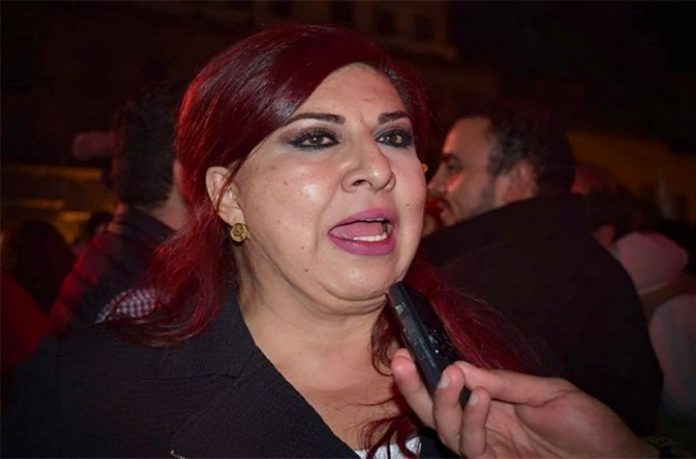President López Obrador said Wednesday that he doesn’t support a proposal presented by a ruling party lawmaker that would relax Mexico’s long-enshrined separation of church and state.
Speaking at his regular morning news conference, López Obrador said the draft bill put forward by Morena party Senator Soledad Luévano Cantú sought to reopen an issue that “was resolved over a century and a half ago” by the anti-clerical reform laws championed by former president Benito Juárez.
The matter “shouldn’t be touched,” the president said, making it clear that he didn’t endorse the proposal in any way.
Luévano’s bill seeks to modify the Law of Religious Associations and Public Worship to eliminate historic language that enshrines the “separation of the state and churches.”
If passed, the legislation would reportedly grant religious groups greater access to the media, loosen regulations on the ownership of property by churches, allow cooperation between churches and the state on social and cultural development, permit “conscientious objections” to law on religious grounds and let church authorities into government facilities such as hospitals and military installations to carry out spiritual work.
The proposal, which Luévano said on Twitter was hers alone, has the potential to cause confrontation, López Obrador said, recalling the Cristero War between 1926 and 1929 in which the government’s anti-Catholic stance was violently opposed.
The president, who has described himself as a Christian “in the broad sense,” said that he didn’t believe that modifying the separation of church and state principle would help the country.
“I think everyone, the majority of Mexicans, agrees that the lay state should prevail, which the constitution establishes,” he said.
The secular state is not anti-religious, López Obrador said, asserting that it guarantees the rights of both believers and non-believers.
“Render unto God what is God’s and unto Caesar what is Caesar’s,” he said.
Mexico’s most senior Catholic and the leader of an umbrella group of evangelical churches both expressed support for López Obrador.
“I completely agree with the president’s statement this morning, that a secular state is one that guarantees freedoms and therefore religious freedom. The president said it very clearly and we agree,” said Carlos Aguiar Retes, primate archbishop of Mexico.
The president of the National Brotherhood of Evangelical Christian Churches also offered support for López Obrador while rejecting that Luévano’s bill seeks to put an end to the separation of church and state.
“When he [López Obrador] asserts that the lay state is immovable and the separation of church and state must remain, we agree with that thought. The lay state must be a guarantor of freedoms including religious beliefs. The bill proposes that . . .” Arturo Farela said.
“It doesn’t seek to end the separation [of church and state], it only proposes religious freedom,” the church leader said, adding that he was in favor of the benefits it would bring religious groups such as access to the media without having to apply for a government permit.
Andrew Chestnut, professor of religious studies at Virginia Commonwealth University, told the Associated Press that Luévano’s proposal would probably benefit evangelicals and other small religious groupings the most.
Evangelicals likely see an opportunity to win more space in a society in which the Catholic Church has a lot of influence, he said.
However, without López Obrador’s support, the proposal appears to have almost no chance of being passed.
Chesnut pointed out that criticism of the bill has come from across the political and religious spectrum, explaining that “the lay state in Mexico almost has a kind of sacred status.”
Source: The Associated Press (en), El Universal (sp)
